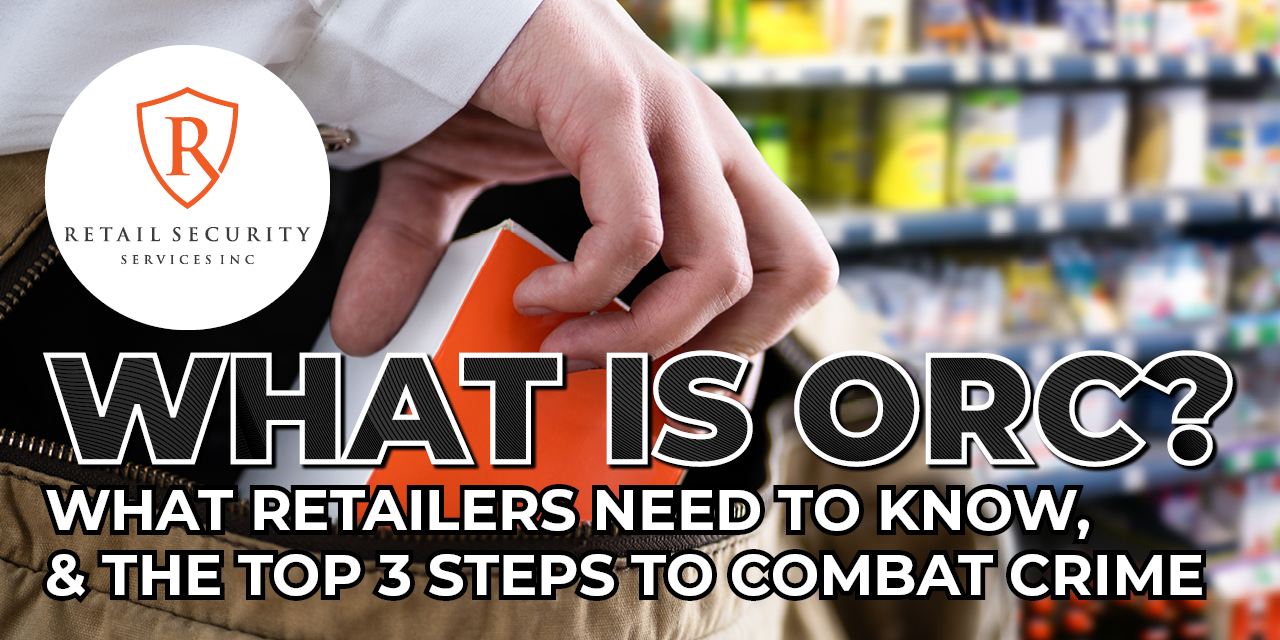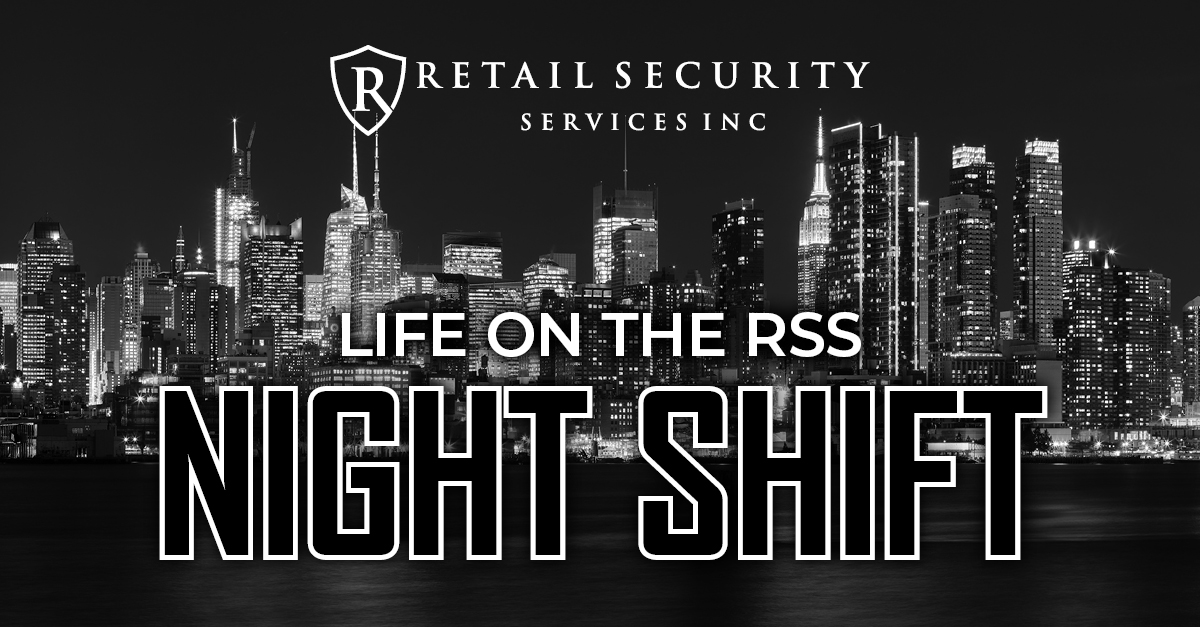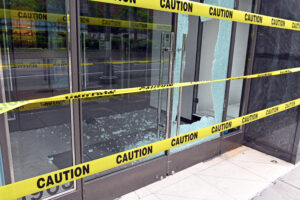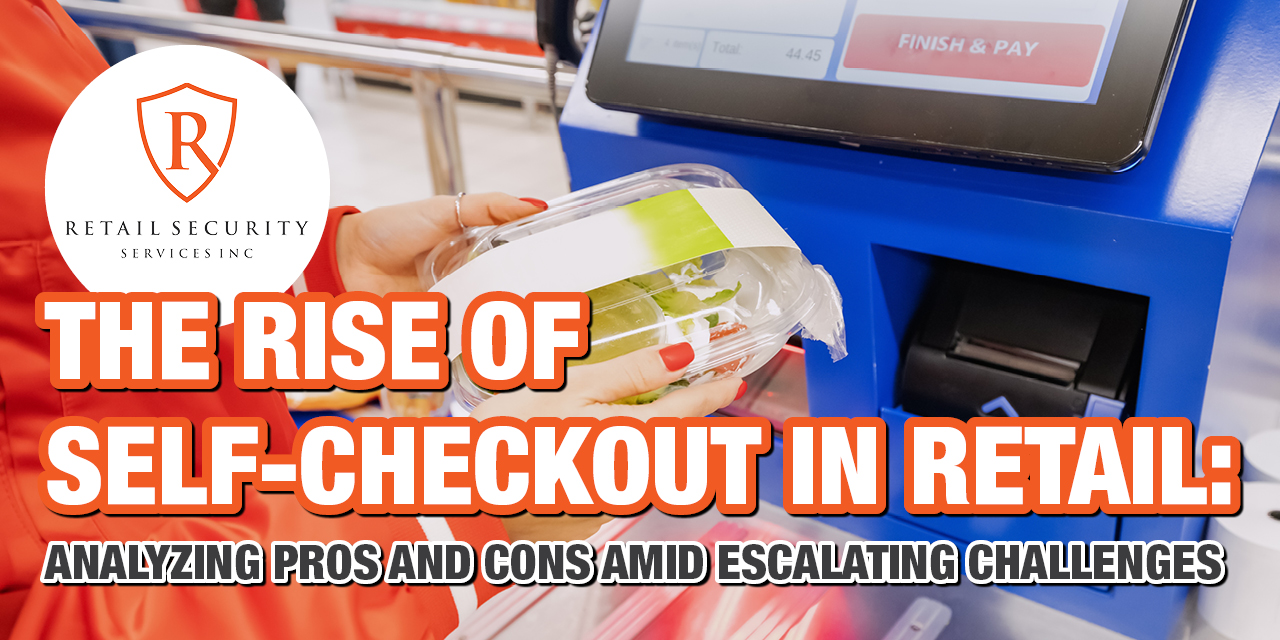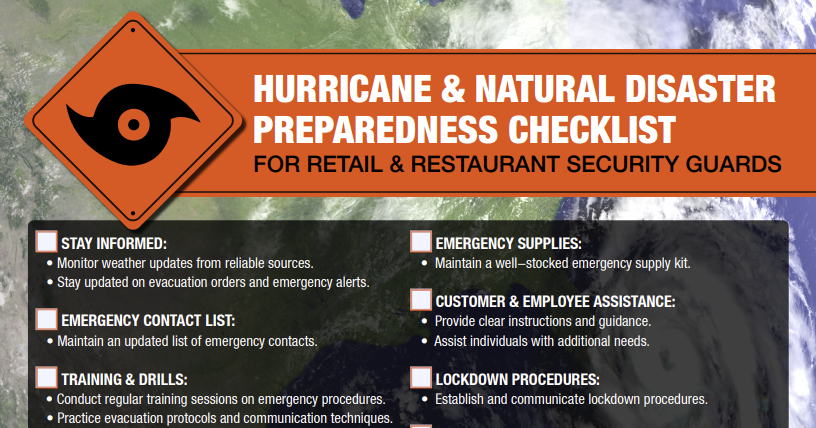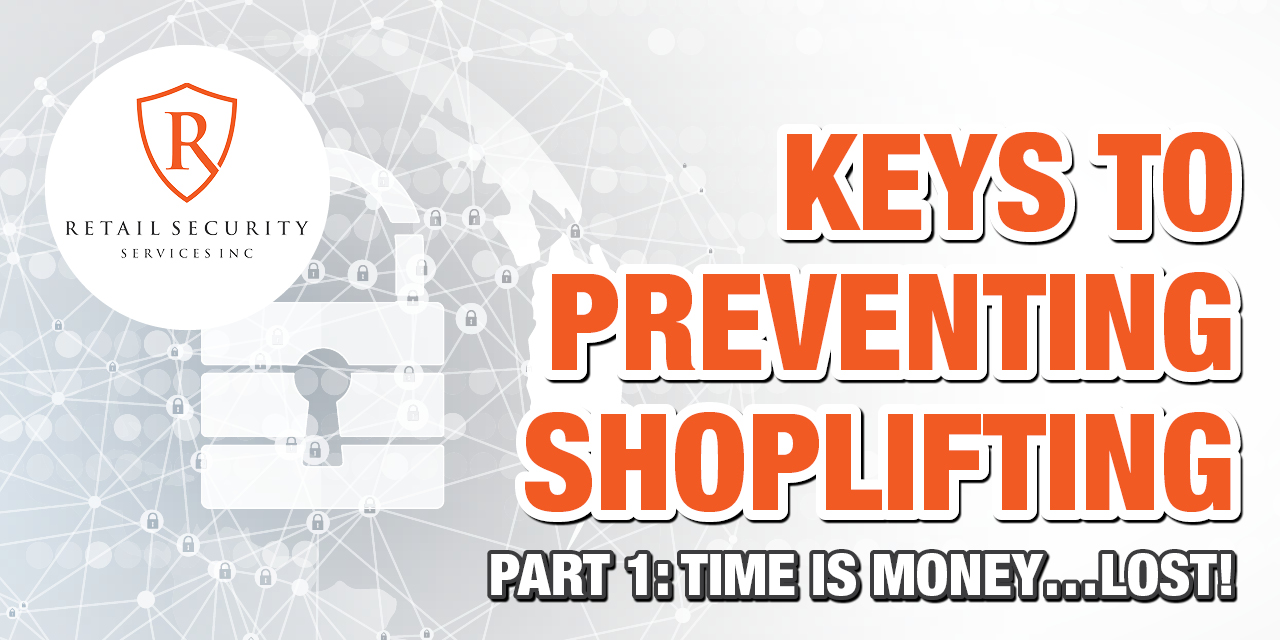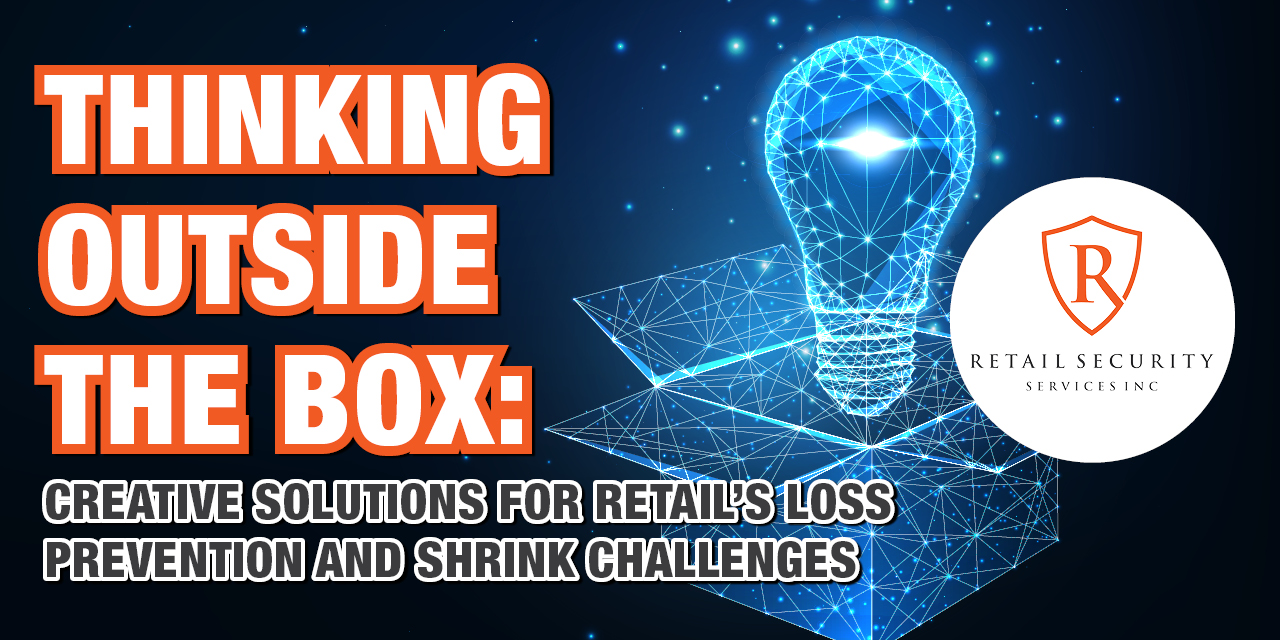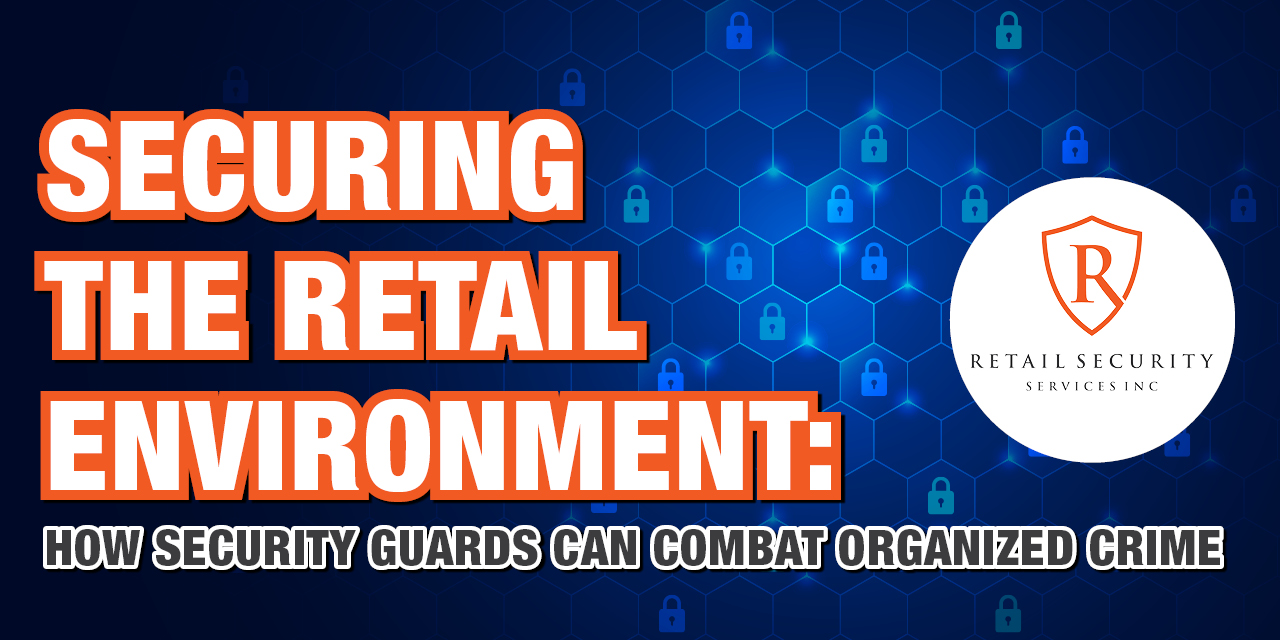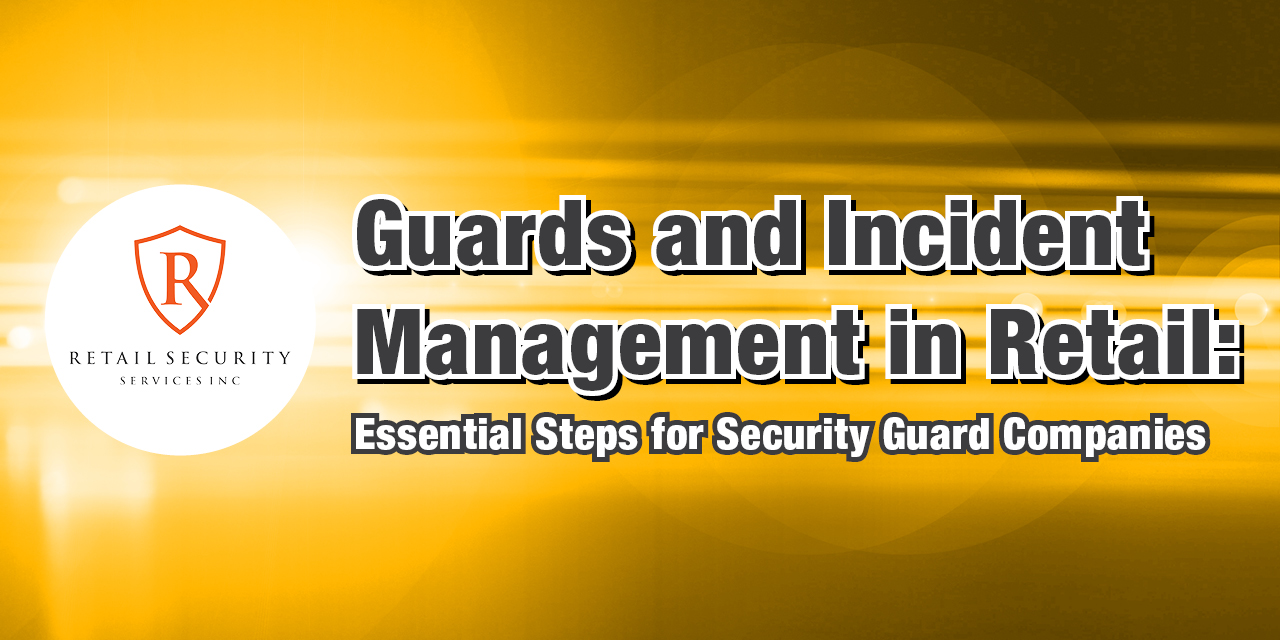
At Retail Security Services, strong leadership and clear communication are at the heart of our success.
Today, we’re excited to feature Jen Sparling, Director of Client Services, who’s been with RSS since its inception a decade ago. Jen shares the importance of trusting your team, tailoring communication to resolve issues, and what she expects to see as the industry continues to change.
Can you share a little about your journey with Retail Security Services? How did you get started and what led to your current role?
I started with PRS and was with them for about three years when Kathleen [Larmour, COO] came to me about starting RSS. I was told that Allison and Danielle would be running it and Allison asked for me. I was in a place that I was looking for a change, so it was perfect timing. They said to take some time to think about it and let them know, but by the time I sat back down at my desk I decided I’d do it. I’ve been with RSS since its inception 10 yrs ago. I started as coordinator, then was a client manager, moved to client services manager, then director of client services.
What are some of the biggest changes you’ve seen in the industry as you’ve been in it over the years?
The level of threat has changed. People have gotten more brazen– what people are willing to do in a public place and how they act or treat others has changed. People get loud, we deal with thrown food, more smash and grab events, etc. I really saw a huge change in security when COVID hit and then in the aftermath. What our security guards had to deal with really was uncharted territory, dealing with people not complying with mask mandates, limiting occupancy, things like that.
After that, things changed, and the security guards had to change how they do things. There are more disgruntled guests. A lot of clients aren’t coming to us to protect their merchandise as much as to help their staff feel safe. The merch is insurable, not that anyone wants to lose it, but more so they want their employees to feel safe when they come to work every day, and the guard is the person that makes them feel comfortable and lets them know they’re ok to be there.
How has RSS changed from day 1 to now?
We started with five people and now have well over 30. The type of guard posting we do has changed. We started with a few clients for overnight construction security, and there was a time where daytime posts were unheard of, now it’s about 50% of our business. We perform a lot more customer-facing posts, so daytime loss prevention, bars, restaurants, medical offices, etc.
What does a typical day look like for you as Director of Client Services?
I call myself a firefighter– I put out a lot of fires. I’m the point of escalation for anything needing extra attention. I make things right and try to prevent the fires as well. I do a lot on the back end, constantly updating post orders, client info, pricing, and keeping an eye on clients. I monitor, stay informed, and track for trends to make any changes our clients may need. Client managers come to me throughout the day with whatever they need, whether it’s questions or guidance, we navigate that. I work with the on-call staff, so scheduling, answering questions nights and weekends. Security is 24/7!
How would you describe your leadership style?
I do not believe in micromanaging. My people made it to where they are for a reason: they work hard, they know their job, they know what to do, and when to do it. I of course nudge when needed but I try to let them do their jobs without hovering.
I have an open door policy, any questions or issues, I’m here. You can treat everyone fairly and not treat them all the same. I may use a different approach for a teammate that’s a better fit for their personality. I can expect the same things from everyone, but say things in a way that each person responds to better. I try to be fair but mindful of what approach works best with who I’m working with.
What do you think are the keys to leading a successful team?
A tailored approach, trust in your team, and understand that they’re human and make mistakes. It’s about making sure they learn and move forward, and how we recover and move forward that sets us apart.
How do you foster collaboration between departments to ensure smooth operations?
Communication is what it all boils down to. Making sure things are communicated in the right way. Before I change a procedure or anything really, I get input from those affected to see how it’s working and see if this change would be positive or negative. I don’t know everything, that’s why I have a team, I try to make changes based on valuing their opinions and insight.
What advice would you give someone wanting to work in client services or security?
Expect the unexpected! Whenever you think you’ve heard it all, you haven’t, even after 10 years. Also for client services in general, you’re only as good as your last job. Your client could have the best services for 1 year, then that last work order went unexpectedly, & that’s what they’re going to remember. The flip side is that if you strive for each one to matter the most, that’s what they’ll remember.

What has been the most rewarding part of your career at RSS?
I feel like I’ve watched my kids grow up! All my client managers have been promoted from within, so to have seen them start from the basics to where they are now is so rewarding. It’s awesome to see your staff and people you build relationships with grow and change and know you were part of their journey in some way.
What motivates you to continue growing and leading in this field?
Just seeing how much has changed in the last decade, I didn’t know we would evolve to where we are now, I can only imagine what the next 10 years will look like and I want to grow with it! I never want to be stagnant, so I want to grow in the same way with our company.
What are your big goals for RSS?
Continuing to grow our client base, continuing to have good relationships with existing clients, and adding another client manager to the team! I will travel and do more face-to-face with clients this year, as well, which is exciting.
Is there anything else you’d like to share?
That I’m very lucky! I have a lot of support, the Director of Ops Allison is absolutely amazing, so I’m very lucky to work with her every day. We work together really well and both push to help grow the company. I feel very supported, it’s a woman-owned and woman-driven company, so it’s nice working with all the incredible people I work with.


